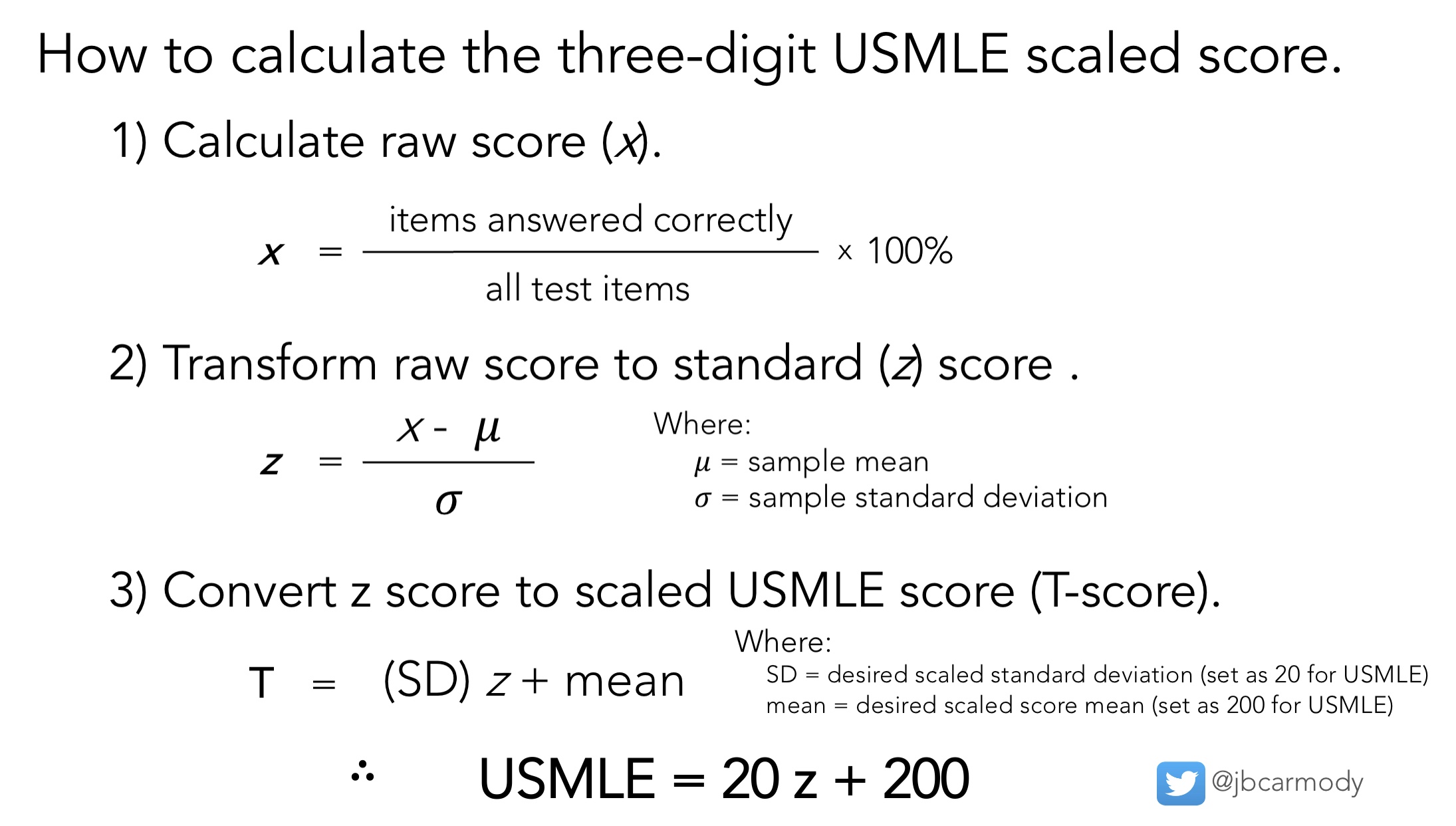Seems like you think GPA and scores matter a lot more in the context of how good of a doctor someone will be than admissions committees do.
Remember that the point of medical school admissions is to generate physicians that are needed to treat people. Given the abundance of evidence relating to how much more comfortable patients are with a physician of the same racial or ethnic group (and the direct correlations to effective care that result), why don't you consider that to be an important consideration?
It is not, nor honestly should it be, some mythical pure meritocracy.
Yes, there is a lot of evidence showing that patients are more comfortable being treated by physicians of the same racial and ethnic group, which is often given as another primary justification for holistic review. By producing a pool of physicians with more varied backgrounds, America's medical schools are striving towards the laudable goal of anyone of any color being able to seek care from someone that matches their background.
However, this totally disregards intra-race diversity. In the realm of "Asian," you have students from backgrounds who for historical and cultural reasons have traditionally done well in the United States in many professions, including medicine - Chinese, Japanese, Korean, and Indian. Students from these cultures have a fundamentally different experience than students from Filipino, Thai, Bengali, Vietnamese, etc. backgrounds. However, all of these people have to check the same box.
Again, I have never been a part of an admission committee, but I know that medical schools are sifting through thousands and thousands of applications. If we assume (as institutions of higher education often do) that Chinese, Japanese, Korean, and Indian students come from more-privileged socioeconomic backgrounds, have greater access to resources, etc, then is it that much of a leap to think that medical school admissions committees don't have race-specific screening before and application is even read (i.e. any Asian student below a 510 gets their application thrown in the junk pile)? What about the Asian students from the cultures that have not traditionally done well? Shouldn't a Filipino-American have the chance to be treated by a fellow Filipino-American if they feel more comfortable with them than with a Chinese doctor?
Now that people on this site are going to vilify me for suggesting that there are race-specific screens before applications are read, let's assume that there aren't hard electronic cutoffs involved. Unless, for example, a Thai student makes a large portion of their personal statement/diversity question about convincing ADCOMS that they are Thai and don't have the same resources or experiences as their Korean peers, the point may be lost. What if they decided to talk about other parts of their story because it just didn't feel right to focus exclusively on their ethnicity. They'll get out-competed by the Koreans, and they won't become a doctor. The same story holds true for groups like first and second generation eastern european immigrants that get outcompeted by other white peers.
On the flip side of the coin, many of the black students that are in medical school these days are first or second generation Nigerian- or Ethiopian-Americans. It may surprise a lot of Americans, but their are top-tier universities in these countries, and these countries frequently produce engineers, professors, doctors, and scientists that emigrate to America and have kids that do exceedingly well in this country. These children have little-to-nothing in common with black people from rural Mississippi or the south side of Chicago. These students end up practicing in the suburbs where they grew up, and the students from the traditionally underserved poor urban and rural black communities have no chance to compete with the children of wealthy, educated immigrants. In this case, the end result is the same, those most affected by the SDOH are not helped at all by admissions practices that factor in race.


